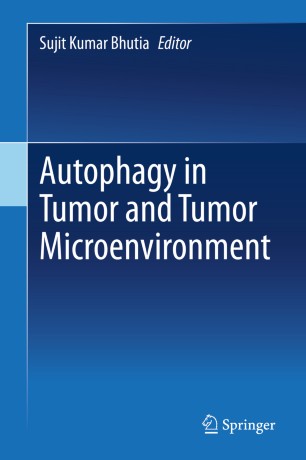

Most ebook files are in PDF format, so you can easily read them using various software such as Foxit Reader or directly on the Google Chrome browser.
Some ebook files are released by publishers in other formats such as .awz, .mobi, .epub, .fb2, etc. You may need to install specific software to read these formats on mobile/PC, such as Calibre.
Please read the tutorial at this link: https://ebookbell.com/faq
We offer FREE conversion to the popular formats you request; however, this may take some time. Therefore, right after payment, please email us, and we will try to provide the service as quickly as possible.
For some exceptional file formats or broken links (if any), please refrain from opening any disputes. Instead, email us first, and we will try to assist within a maximum of 6 hours.
EbookBell Team

0.0
0 reviewsThis book deals with the paradoxical role of autophagy in tumor suppression and tumor promotion in cancer cells. Autophagy plays opposing, context-dependent roles in tumors; accordingly, strategies based on inhibiting or stimulating autophagy could offer as potential cancer therapies.
The book elucidates the physiological role of autophagy in modulating cancer metastasis, which is the primary cause of cancer-associated mortality. Further, it reviews its role in the differentiation, development, and activation of multiple immune cells, and its potential applications in tumor immunotherapy. In addition, it examines the effect of epigenetic modifications of autophagy-associated genes in regulating tumor growth and therapeutic response and summarizes autophagy’s role in the development of resistance to a variety of anti-cancer drugs in cancer cells. In closing, it assesses autophagy as a potential therapeutic target for cancer treatment. Given its scope, the book offers a valuable asset for all oncologists and researchers who wish to understand the potential role of autophagy in tumor biology.